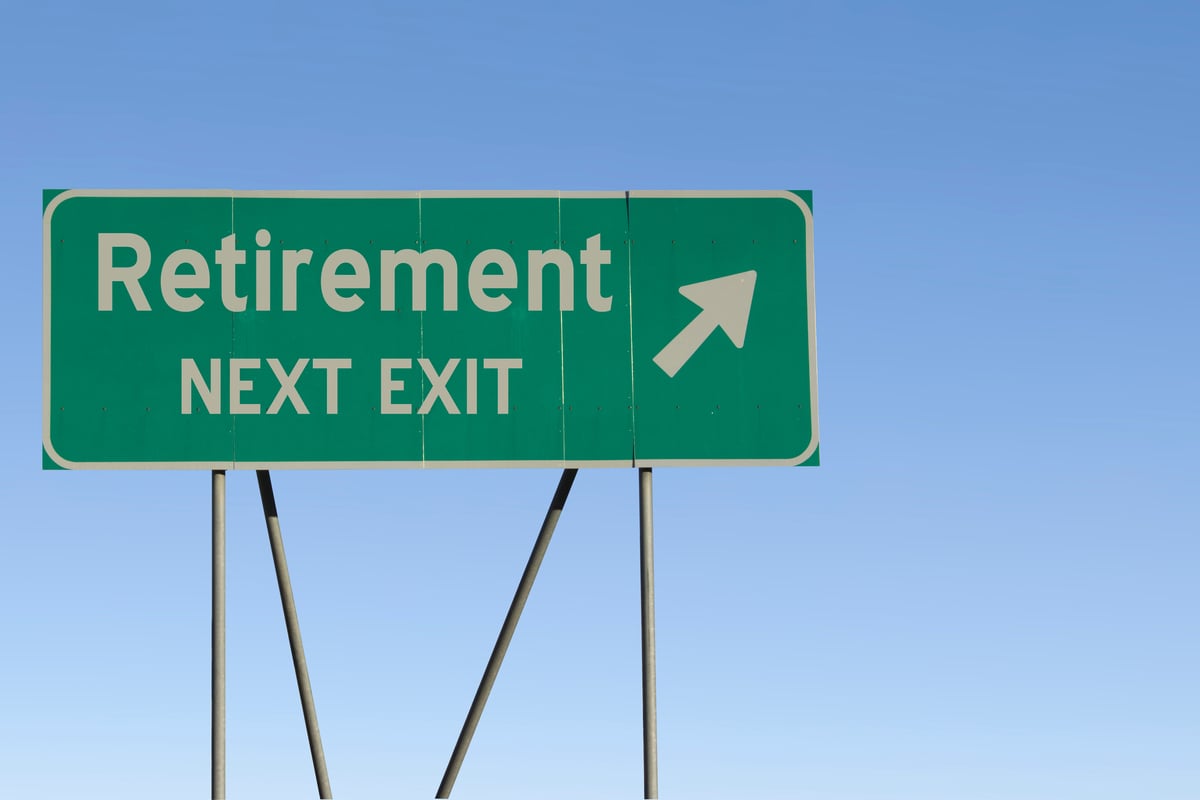They say the only things certain in life are death and taxes, but healthcare costs can probably be added to that list -- especially in retirement.
The average retiree spends just over $4,000 per year out-of-pocket on healthcare costs, according to a report from the Center for Retirement Research, and that number doesn't even include long-term care costs. Furthermore, researchers found that roughly one in five retirees spent at least half their Social Security income on healthcare costs.
You can't completely avoid healthcare expenses, but there are resources that can help ease the burden -- and as an added bonus, you can even lower your tax bill at the same time. One of the most important is the health savings account.

Image source: Getty Images.
The health savings account: A powerful retirement tool
A health savings account (HSA) is essentially a mini retirement fund designed specifically for healthcare expenses. Like with traditional IRAs and 401(k)s, HSA contributions are tax-deductible upfront. But one of the biggest advantages of the HSA is that you also don't have to pay taxes on withdrawals as long as the money goes toward qualified medical expenses.
An HSA is similar to a flexible spending account (FSA), but there are a few key differences. First, you're investing your money with an HSA -- much like you invest through a 401(k) or IRA -- not simply setting it aside for when you need it. Second, there's no "use it or lose it" policy with an HSA. Unlike a FSA, where you typically have to spend the money in your account within the plan year to avoid losing it, you can let your money grow in an HSA for years.
There is some fine print surrounding HSAs, however. For one, you're not eligible for one unless you're enrolled in a high-deductible healthcare plan. As of 2019, that means you'll need a deductible of at least $1,350 for individuals or $2,700 for families, as well as a maximum out-of-pocket limit of $6,750 (for individuals) or $13,500 (for families). There are also limits to how much you can contribute each year if you are eligible for an HSA. For 2019, those limits are $3,500 per year for individuals or $7,000 per year for families. If you're age 55 or older, you can also contribute an additional $1,000 per year.
HSAs don't have to be used solely for medical expenses, but if you use that money for non-medical-related purposes, your withdrawals may be subject to income tax as well as an additional 20% penalty fee. So it's best to reserve your HSA for only healthcare expenses unless you're in a dire financial situation.
Where an HSA outshines a traditional retirement fund
Because you're penalized for using an HSA for anything but healthcare expenses, it may seem easier to simply put more money in your 401(k) or IRA to cover medical costs. After all, because you can save more per year in a 401(k) or IRA than you can with an HSA, doesn't it make more sense to let your money grow all in one place than to divide it up into separate accounts? Not always.
If you don't expect to pay much in healthcare expenses, you may not spend all the money in your HSA -- in which case you'll end up withdrawing it for nonhealthcare costs and paying a penalty. But let's face it: Everyone is going to incur healthcare expenses in retirement. And while you may not need that money early in retirement, you probably will decades down the road. Long-term care, for example, is something roughly 70% of retirees will need, but it isn't covered by Medicare. It's not cheap, either -- the average semi-private room in a nursing home costs nearly $7,000 per month. With an HSA, you can let your money sit untouched for decades while it grows, then use it to cover these types of behemoth expenses.
Another advantage of the HSA is that when the money is kept separate from the rest of your savings, you don't have to worry as much about draining your retirement fund on healthcare costs. Because healthcare costs can be unpredictable, they're tough to budget for in retirement. Some years you may pay nothing more than premiums, and other years you may pay thousands in deductibles, coinsurance, and other out-of-pocket costs. If you simply take that money from your 401(k) or IRA whenever you need it, you run the risk of drying up your retirement fund earlier than you predicted. With an HSA, though, you can leave your 401(k) or IRA untouched when you're hit with a big healthcare bill.
Finally, not having to pay taxes on your HSA withdrawals can potentially save thousands of dollars throughout retirement. If you use money from your 401(k) or traditional IRA to pay for healthcare costs, you're still subject to income taxes on the withdrawals. But with an HSA, your savings are all yours.
Making the most of your HSA
The best time to open an HSA is as early as possible, when you still have a few decades left before you retire. Then save as much as you can each year, and try not to touch that money until retirement. While you can withdraw your money at any age penalty-free (as long as it goes toward medical expenses), it's a good idea to simply let it grow untouched until retirement to take advantage of compounding growth.
Also keep in mind that your eligibility for an HSA may change over the years. If you switch insurance plans and no longer have a deductible high enough to meet the IRS' requirements, you won't be able to contribute any more money to your HSA. You can, however, keep the money you already have in your account.
Healthcare expenses can be one of the biggest costs you'll face in retirement, and taxes can also take a big chunk of your retirement savings. But an HSA can make it just a little easier to save for the future, and it never hurts to get a tax break at the same time.





